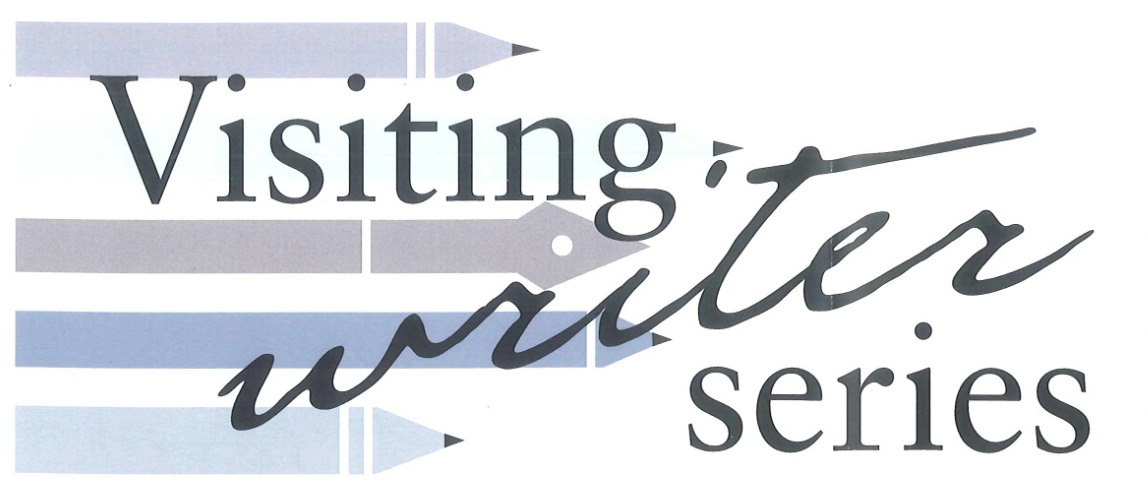“Let’s all thank our visiting writers for coming to read their work. If anyone wants to purchase a copy of the Cascadia Field Guide, we have some available out in the hall to be signed by our writers.”
As we applauded the end of that night’s Visiting Writer Series, I looked to my left and right, wondering if anyone else felt the same way I did. I thought to myself: That… was it?
The Visiting Writer Series (VWS) at PLU is almost 20 years old and was started in 2005 by PLU professors Rick Barot and Jason Skipper. Skipper is no longer at PLU, but if you take a class with Barot, you will probably attend a VWS event.
Barot says the goal of the VWS has remained the same throughout its 20 years: “to bring noteworthy writers to the PLU campus and give students the opportunity to interact with them and their work.” But the program’s methods have changed over the years. At its height, the VWS brought five to eight writers to campus a year but has recently seen three to four. The last academic year had three separate VWS events, and this one will only have two.
The program also used to feature “The Writer’s Story,” an hour-long session during which students, staff, and faculty could engage in conversation with the writer before the writer read from their work. After the reading, audience members could take home a hand-
made letterpress broadside of the author’s work created by students in the Publishing and Printing Arts program.
Both of these elements are now gone.
In my two years at PLU, the VWS experience I have had is much more limited: show up, listen to the writer read from their work, ask a few questions, and maybe purchase a copy to be signed. This is no different to any guest reading at any bookstore. I believe PLU
should be different, and I think the founders of the VWS would agree.
Barot explains that changes to the program are a result of “adjustments to our budget and departures in our creative writing faculty,” but believes that the VWS events are still “meant to be of great value to all those who attend.”
The English department and the VWS are not the only programs suffering from budget cuts at PLU, but their reduction hurts PLU’s English students.
Meanwhile, other programs on campus hold professional development opportunities for students all year long.
The Theatre and Dance department holds master classes so undergraduates can learn from industry professionals. Nursing, education, and social work majors all have practicum requirements to gain hands-on experience in their chosen fields before graduating. Clearly, there are benefits to learning from professionals, not just professors. But PLU does not give English students the same opportunities.
PLU is a small school, and the size of its English department naturally reflects that. Of the entire faculty, only four professors specialize in creative writing, with only Barot focusing solely on poetry. This is not any fault of the department or of PLU, but this university
prides itself on creating students who “embrace complexity” and live “lives of thoughtful inquiry.” Students cannot embrace complexity in creative writing if they are learning from only one or two perspectives on their chosen genres. The VWS should be able to fill that gap, but simply listening to a reading does not accomplish that.
The decline of the VWS also coincides with a nationwide decline in the humanities. Fewer and fewer undergraduate students are opting for degrees in languages, literature, and
history, opting instead for STEM: science, technology, engineering, and mathematics. This phenomenon was observed on a large scale by Nathan Heller for The New Yorker magazine in 2023 in his essay “The End of the English Major.” Is the reduction of the VWS a symptom of this problem or part of the cause? More importantly, could allowing it to flourish be a cure?
PLU knows the importance of giving students professional experience in the subjects they study. That’s why they have practicum requirements, why they hold master classes, why
Barot and Skipper created the VWS all those years ago. The VWS has changed before, and it can change again. Bringing back The Writer’s Story would be a step in the right direction.
Adapting the program to provide masterclasses, for students to get hands-on experience with and suggestions from professional writers, would be even better.
If the English department wants the VWS to survive for another 20 years — or more — it must change. For that to even be an option, PLU must fund the VWS, for the future of the English program.
Do you have an opinion about one of PLU’s colleges, departments, or programs?
Want to write about it?
Email us at mast@plu.edu!


















